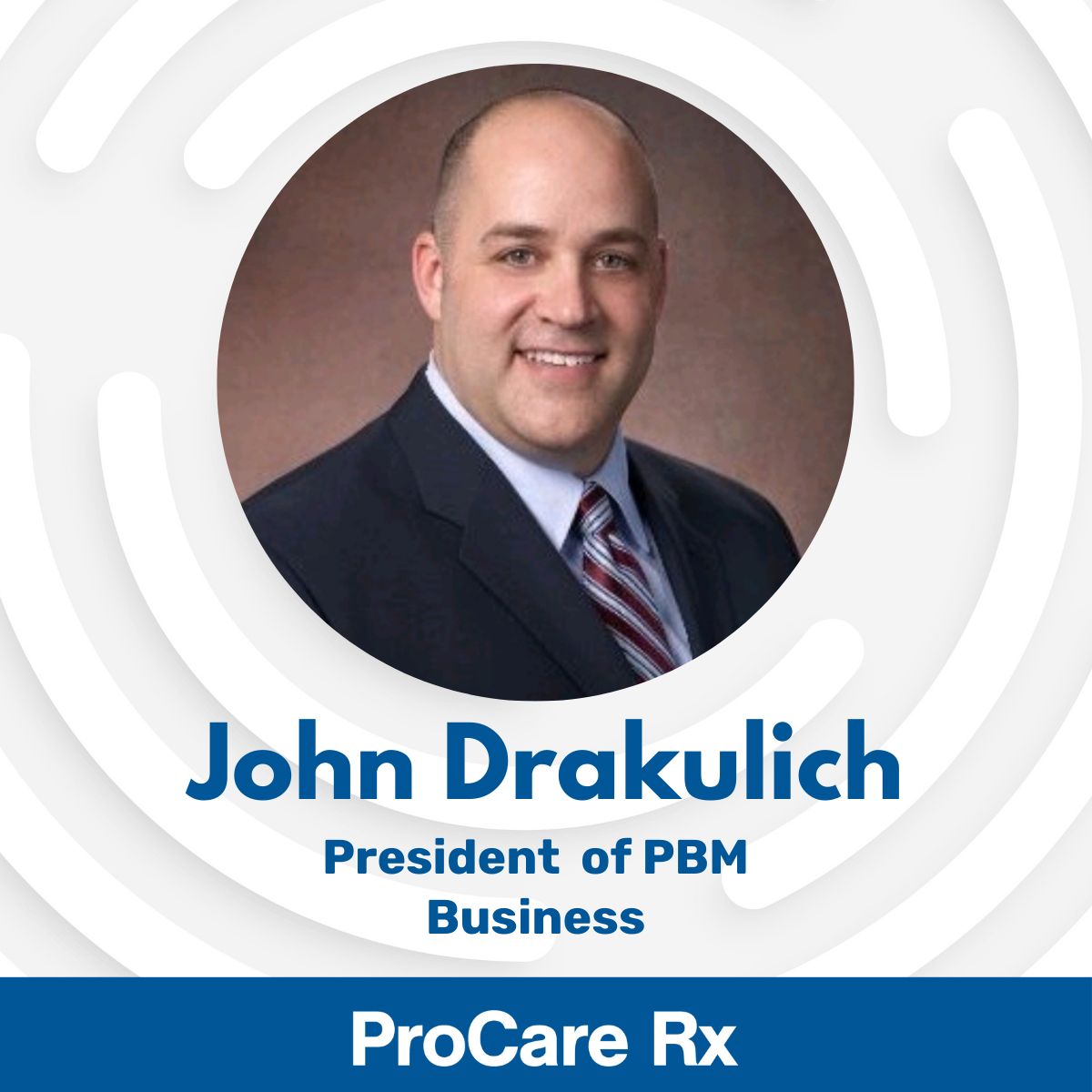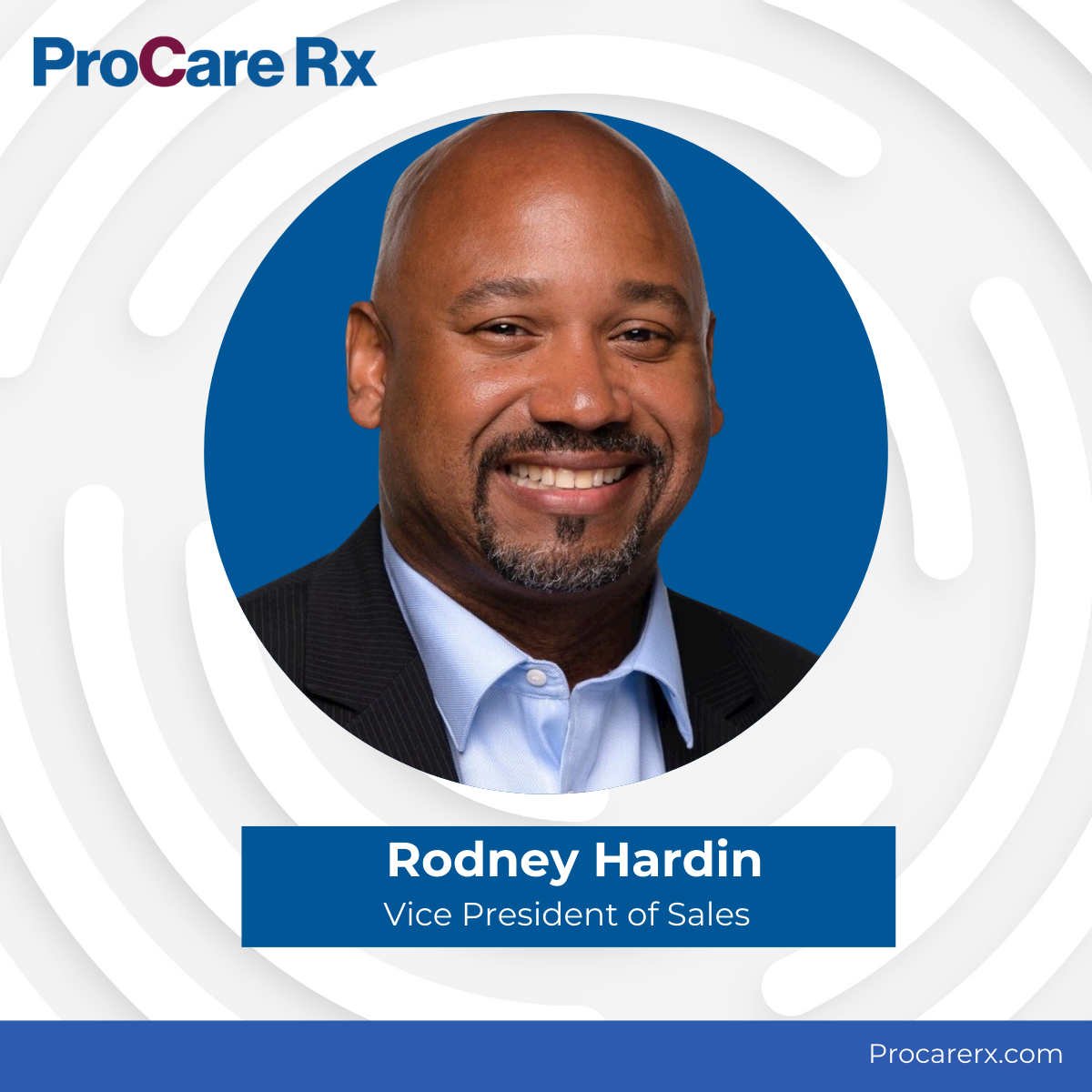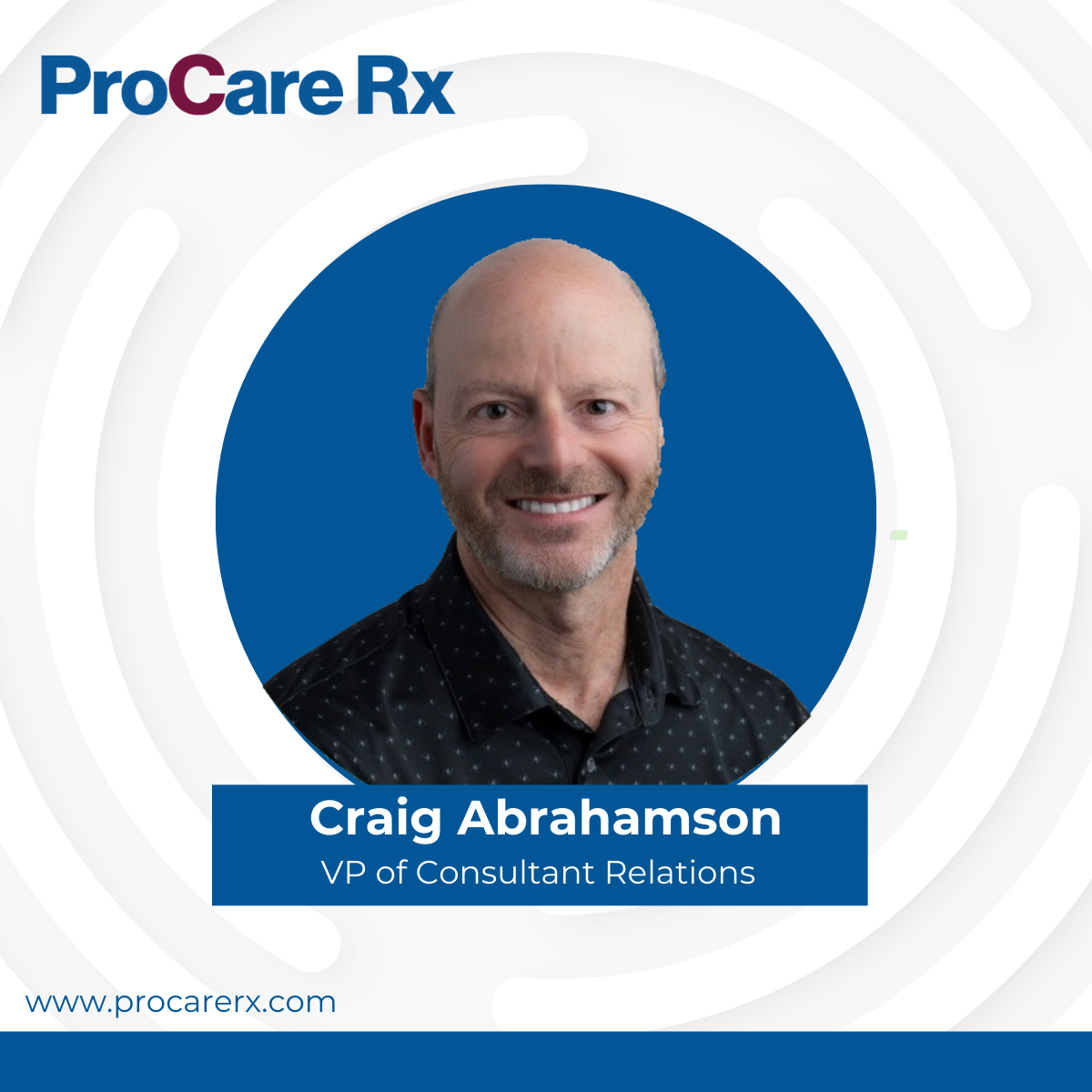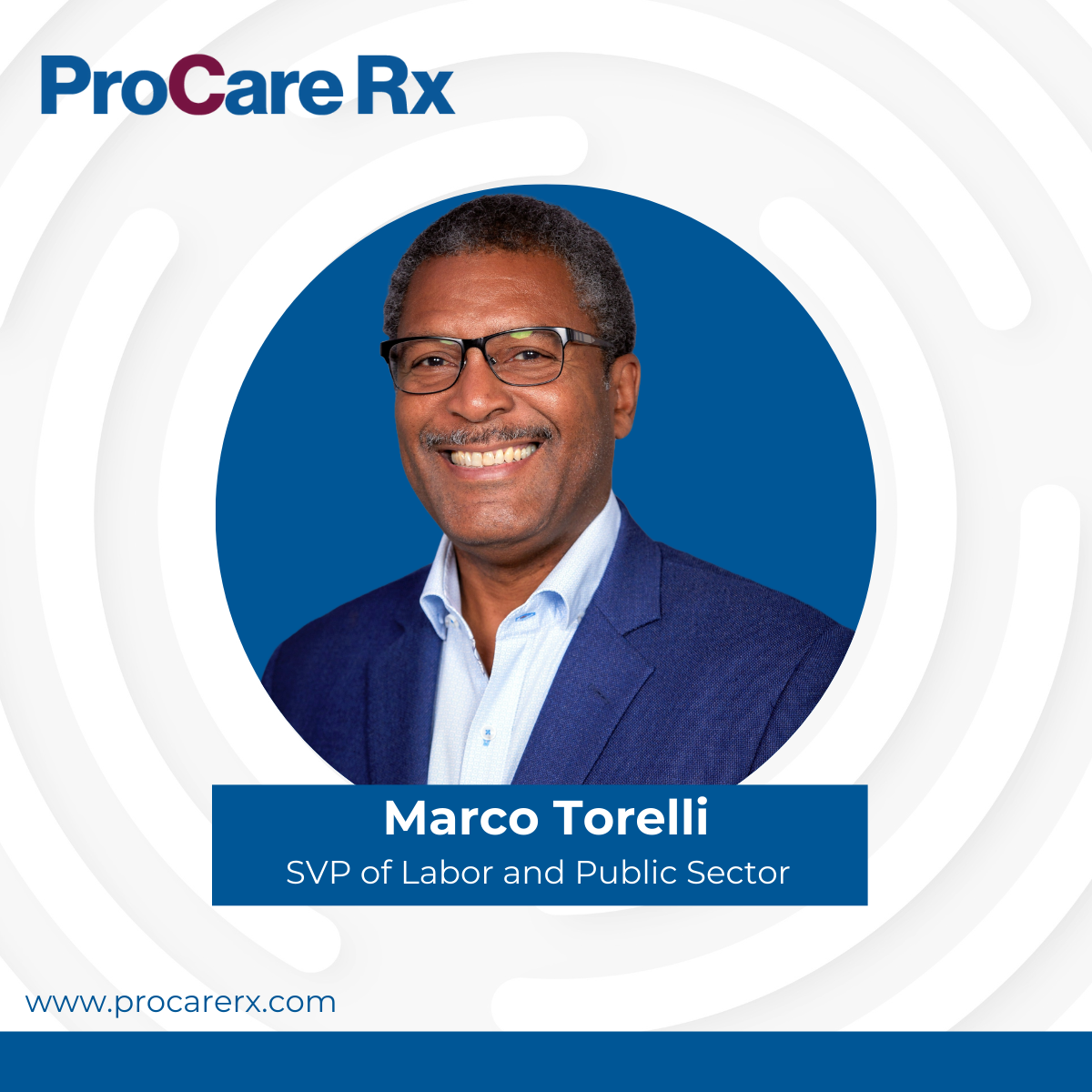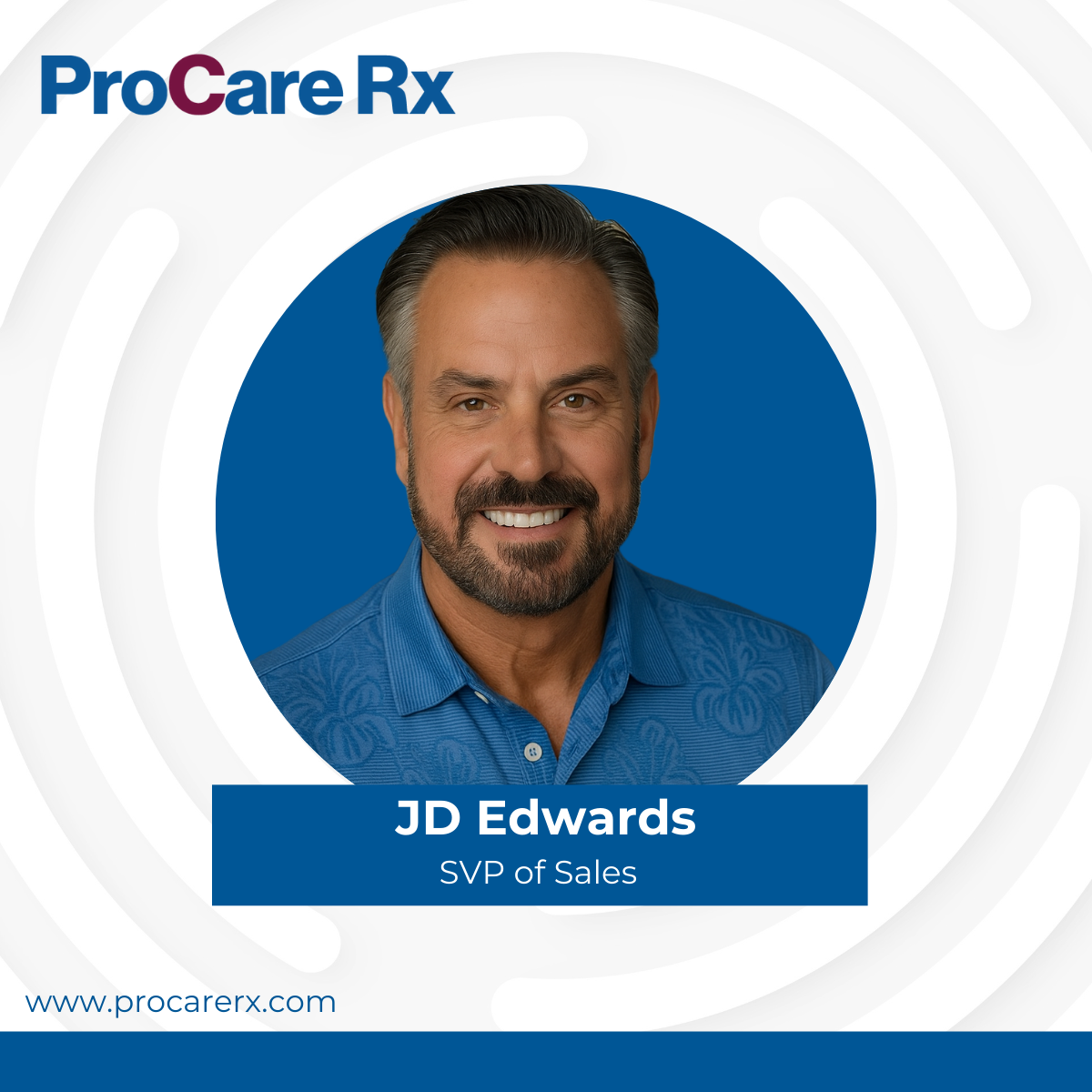The Make America Healthy Again Commission: What It Means for Pharmacy Benefits
The White House recently launched the Make America Healthy Again Commission to
address some of the biggest challenges in U.S. healthcare—including chronic disease,
medication reliance, and drug safety. While the full impact remains to be seen, this
initiative signals potential shifts in how prescription drugs are evaluated, priced, and
prescribed.
For plan sponsors, employers, and pharmacy benefits managers (PBMs), the key
question is: How can we ensure medication access, affordability, and safety while
staying ahead of possible regulatory changes?
Reevaluating Medication Reliance
One of the Commission’s focus areas is over-reliance on medication and treatments.
This could lead to a push for more careful prescribing practices, increased scrutiny
of high-cost drugs, and expanded support for alternative treatment methods.
PBMs can play a proactive role by ensuring plan designs promote clinically effective,
cost-conscious prescribing, including:
- Encouraging use of generics and biosimilars when available
- Implementing clinical programs that support appropriate prescribing
- Providing medication management resources to help members navigate treatment options
Increased Attention on Drug Safety & Pricing
The Commission also highlights food and drug quality and safety, reinforcing the
need for greater transparency in pharmaceutical manufacturing and pricing. This
could mean:
- Tighter regulations on imported medications and supply chain oversight
- More scrutiny on rebate structures and how drug prices are set
- A renewed focus on affordability strategies for plan sponsors and consumers
For PBMs and health plans, transparent pricing models and clear rebate structures
will be key to staying compliant and ensuring members have access to safe, fairly
priced medications.
Eliminating Conflicts of Interest in Health Research
Another priority for the Commission is ensuring federally funded health research is
free from conflicts of interest. This could impact how drug effectiveness is studied,
how formularies are built, and how treatment guidelines are developed.
Employers and health plans should work with PBMs that prioritize:
- Data-driven formulary management based on independent clinical outcomes
- Objective drug evaluations to balance cost and effectiveness
- Transparent partnerships with health providers and pharmaceutical companies
What’s Next?
The Make America Healthy Again Commission is still in its early stages, but its focus on
medication reliance, drug safety, and pharmaceutical pricing should not be ignored.
Employers and plan sponsors should be prepared for potential policy changes
that could impact pharmacy benefits.
By working with PBMs that prioritize clinical integrity, cost control, and member
education, organizations can stay ahead of the curve and continue to provide high-
quality, affordable healthcare solutions.
Would you like to review your pharmacy benefits strategy? Let’s talk. Click the button below to learn more about ProCare Rx's Offering and signup to hear from one of our sales team.
About ProCare Rx
ProCare Rx is a privately held, independent pharmacy benefit manager (PBM) that has empowered healthcare and self-insured organizations since 1988. We provide fully integrated, in-house solutions—including claims adjudication, clinical program design, pharmacy network access, cost containment, and data analytics—all supported in the U.S. Our flexible, transparent model serves self-insured employers, third-party administrators (TPA), brokers, health plans, health systems, managed care organizations (MCO), unions, workers’ compensation programs, Medicare, Medicaid, hospices, and other PBMs. With a proprietary technology platform, commitment to ethical operations, and a focus on lowest net cost, ProCare Rx delivers long-term value, clinical performance, and trusted pharmacy benefit partnerships.
Media Contact:
Marc Cohen, VP, Marketing and Sales
marketing@ProCareRx.com


